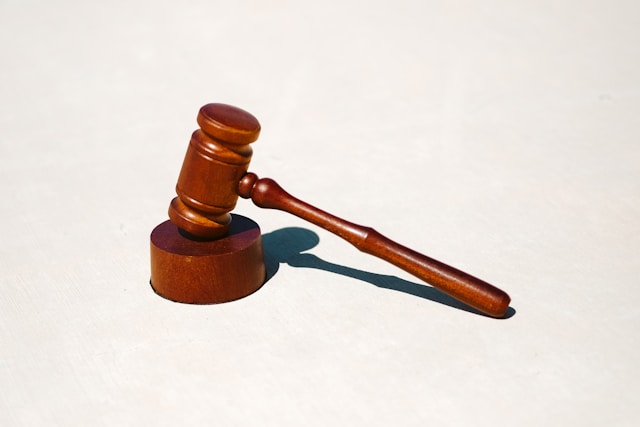Vine Quick Reads: 7 November 2025

Vine Quick Reads: 7 November 2025
Welcome to our Quick Reads format. Each week we share selected news bites relevant to family violence and sexual violence in Aotearoa.
New report – The real fertility crisis: The pursuit of reproductive agency in a changing world (2025)
The United Nations Population Fund (UNFPA) has published The Real Fertility Crisis: The pursuit of reproductive agency in a changing world (2025), which explores the fertility crisis as a crisis of reproductive agency. It uses survey data from 14 countries to explore whether people are achieving the family size they desire and what social conditions affect this. Sexual Wellbeing Aotearoa have published a news story on the report. For more on this issue, see The Spinoff’s article, New Zealand’s low birth rate isn’t just about maths – it’s about fairness.
Human Rights Commission publishes 2023/2024 Monitoring places of detention (2025) report
Te Kāhui Tika Tangata | Human Rights Commission (HRC) have published 2023/2024 Monitoring places of detention: Annual report of activities under the Optional Protocol to the Convention against Torture (2025). It reports on monitoring of places in Aotearoa where people are deprived of their liberty (such as prisons, youth mental health facilities, and aged care units) to prevent torture or ill-treatment. HRC raises concerns including occupancy levels and staffing pressures; over-representation and inequities experienced by Māori; and holding children and young people on remand in police cells for prolonged periods.
VOYCE – Whakarongo Mai publishes new report on state of the care system
VOYCE – Whakarongo Mai has recently published Kei te rongo koe? | Are you listening? - Our voices on the state of care (2025). The report draws on more than 50 existing submissions and 140 official reports featuring the voices of care experienced young people. It also introduces a 0-10 scorecard that rates the state’s performance on each of the Six Promises. For more, see coverage from RNZ, Youth in state care still not getting enough support, survey finds, and Waatea News, Report Reveals Harm and Neglect in State Care for Māori Rangatahi.
New research on Safeguarding adults in Aotearoa New Zealand
Safeguarding adults in Aotearoa New Zealand: the futility of micro and meso interventions without a legislative imperative (2025) was recently published open-access in the academic journal, Disability and Society. The article reports on learnings taken from a 2024 pilot in South Auckland that documented barriers and enablers to the development of a local, multisectoral adult-at-risk safeguarding initiative.
New resource for upholding the safety, dignity and well-being of kaumātua
Ahi Kaa Indigenous Solutions has released Kete tiaki: prevention and response toolkit for upholding safety, dignity and well-being for kaumātua. The toolkit is designed to support those working with kaumātua to recognise and respond to abuse in a way that maintains mana and empowers both individuals and communities. It contains information on recognising abuse as well as a guide on how to raise your concerns with kaumātua.
Safe to Talk, a new pathway to ACC’s Sensitive Claims Service
A new pathway to ACC’s Sensitive Claims Service is now available through Safe to talk.
Safe to talk will:
- Help survivors find information and connect them to the Sensitive Claims Services or other services that are right for them
- Work directly with Sensitive Claims Service suppliers to confirm their availability and connect survivors with them
- Offer a check-in service that provides regular updates on their search and connects them to other supports they may need while waiting.
You can still use the original ‘Find a therapy provider’ tool if preferred. For more information, see the Ministry of Social Development’s recent newsletter or visit the Sensitive Claims Service webpage.







